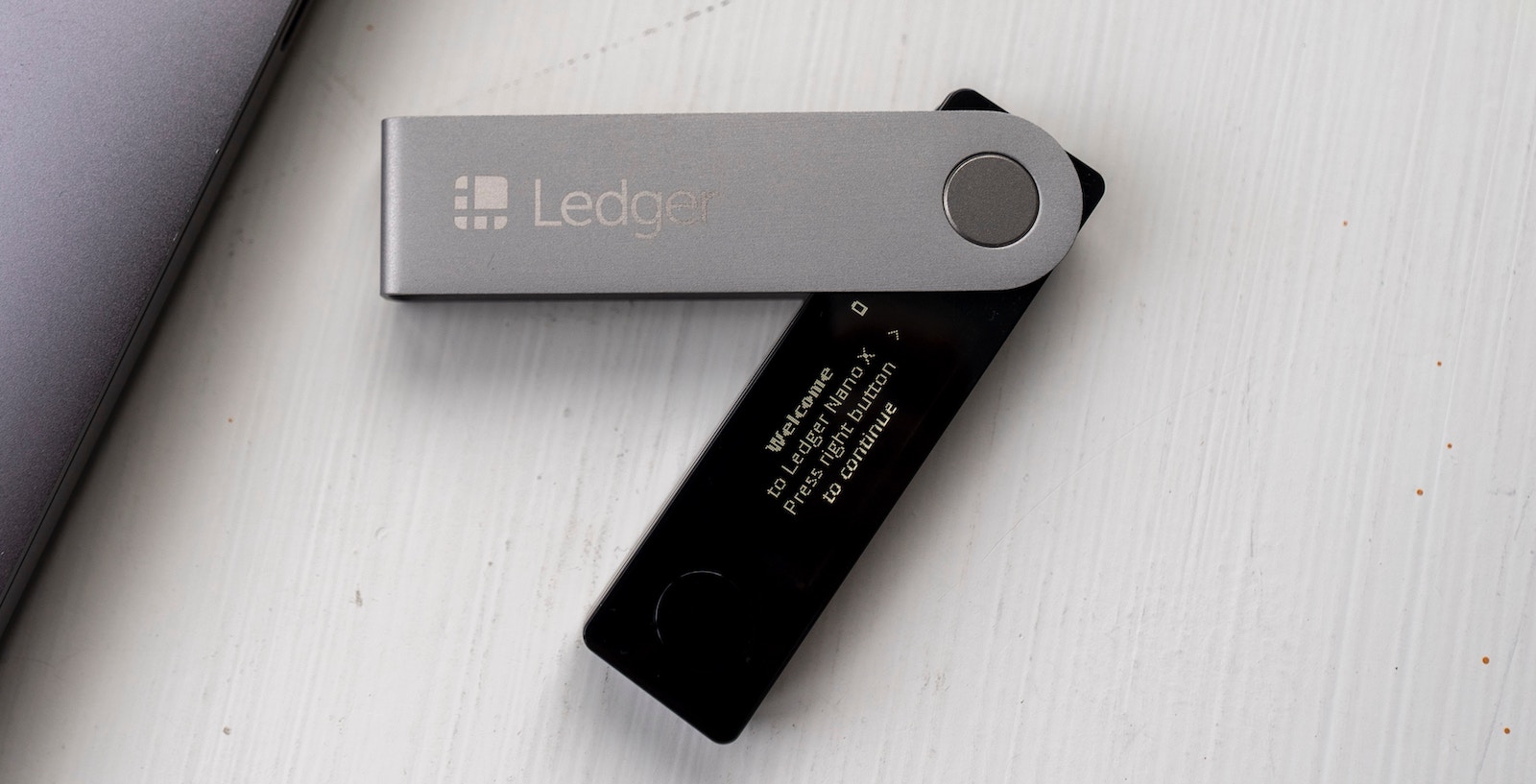Boost your cryptocurrency experience by learning what crypto wallet to use with our guide covering wallet types, essential factors, and recommendations.
With the ever-growing popularity of cryptocurrencies, the need for secure storage solutions has become more critical than ever. But with so many options available, what crypto wallet should you use? In this comprehensive guide, we’ll explore the different types of wallets available, their advantages and disadvantages, and key factors to consider when choosing the right wallet for your needs.
Understanding the Different Types of Crypto Wallets
Before diving into what crypto wallet you should use, it’s essential to understand the various types of wallets available. In general, crypto wallets can be categorized into two main types: hot wallets and cold wallets.
Hot Wallets
Hot wallets are connected to the internet and offer easy access to your digital assets. They are primarily designed for convenience and ease of use. Some common types of hot wallets include:
- Desktop Wallets: These wallets are installed on your computer and provide a high level of control over your digital assets. Examples include Exodus, Electrum, and Bitcoin Core.
- Mobile Wallets: Mobile wallets are apps installed on your smartphone, offering on-the-go access to your cryptocurrencies. Some popular mobile wallets include Trust Wallet, Mycelium, and Coinomi.
- Web Wallets: Web wallets are accessible through your internet browser and offer the convenience of managing your digital assets from any device with internet access. Examples of web wallets include MetaMask, MyEtherWallet, and Blockchain.com.
Cold Wallets
Cold wallets, also known as hardware wallets or offline wallets, are physical devices designed for secure, offline storage of cryptocurrencies. They are disconnected from the internet, providing an additional layer of security against hacks and other online threats. Some popular cold wallets include the Ledger Nano series, Trezor, and KeepKey.

Factors to Consider When Choosing What Crypto Wallet to Use
When determining what crypto wallet you should use, there are several factors to consider. These factors will help you find the perfect wallet that meets your needs and ensures the security of your digital assets.
1. Security
Security should be the top priority when choosing a crypto wallet. Cold wallets provide the highest level of security, as they store your private keys offline, away from potential hacks and malware. Hot wallets, while more convenient, are generally considered less secure due to their internet connectivity.
2. Accessibility
Consider how frequently you need to access your digital assets. If you regularly trade or make transactions, a hot wallet may be more suitable, as it offers quick and easy access to your cryptocurrencies. However, if you’re a long-term investor or HODLer, a cold wallet may be a better option for secure, long-term storage.
3. Supported Cryptocurrencies
Ensure that the wallet you choose supports the cryptocurrencies you own or plan to own. Some wallets are designed for specific digital assets, while others support multiple cryptocurrencies. Check the wallet’s compatibility with your desired cryptocurrencies before making a decision.
4. User Experience
The ease of use and user experience of a wallet can significantly impact your ability to manage your digital assets effectively. Choose a wallet that is user-friendly, easy to navigate, and provides the necessary features to meet your needs.
5. Backup and Recovery Options
Accidents happen, and it’s essential to have a backup and recovery plan in place for your crypto wallet. Ensure that the wallet you choose offers a reliable backup and recovery process, such as a mnemonic seed phrase or encrypted backup files.
6. Community and Development Support
A strong development team and an active community can indicate a wallet’s reliability and continued support. Look for wallets that are regularly updated, have a solid track record, and have an engaged user base.
What Crypto Wallet Should You Use? Top Recommendations for Different Needs
With the factors mentioned above in mind, we’ve compiled a list of top recommendations for different needs and use cases to help you determine what crypto wallet you should use.
Best for Security: Hardware Wallets
If security is your primary concern, a hardware wallet, such as the Ledger Nano X, Trezor Model T, or KeepKey, is the best choice. These cold wallets provide offline storage, keeping your private keys away from internet threats and ensuring the highest level of security for your digital assets.
Best for Accessibility and Ease of Use: Mobile Wallets
For those who need quick access to their cryptocurrencies on-the-go, a mobile wallet, such as Trust Wallet, Mycelium, or Coinomi, may be the ideal choice. These hot wallets offer a user-friendly interface and easy access to your digital assets from your smartphone.
Best for Trading and Frequent Transactions: Desktop Wallets
If you frequently trade or make transactions, a desktop wallet like Exodus, Electrum, or Bitcoin Core may be the right choice. These wallets offer a balance of security and accessibility, allowing you to manage your digital assets from your computer while still providing a high level of control over your funds.
Best for Diverse Cryptocurrency Portfolios: Multi-Currency Wallets
For those with diverse cryptocurrency portfolios, a multi-currency wallet, such as Ledger Nano X, Trezor Model T, or Exodus, is recommended. These wallets support a wide range of digital assets, making it easy to manage and organize your portfolio.
Final Thoughts on Choosing the Right Crypto Wallet
Determining what crypto wallet you should use is an essential decision that can significantly impact the security and accessibility of your digital assets. By considering factors such as security, accessibility, supported cryptocurrencies, user experience, backup and recovery options, and community and development support, you can make an informed decision and choose the right wallet for your needs.
Remember, the ideal crypto wallet may differ based on your specific needs and preferences. It’s crucial to assess your requirements, research various options, and choose a wallet that best aligns with your goals and expectations in the world of cryptocurrencies.